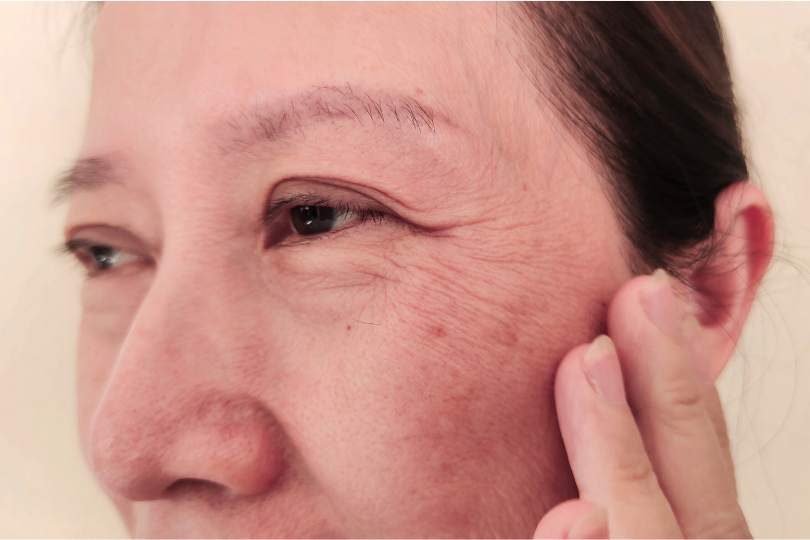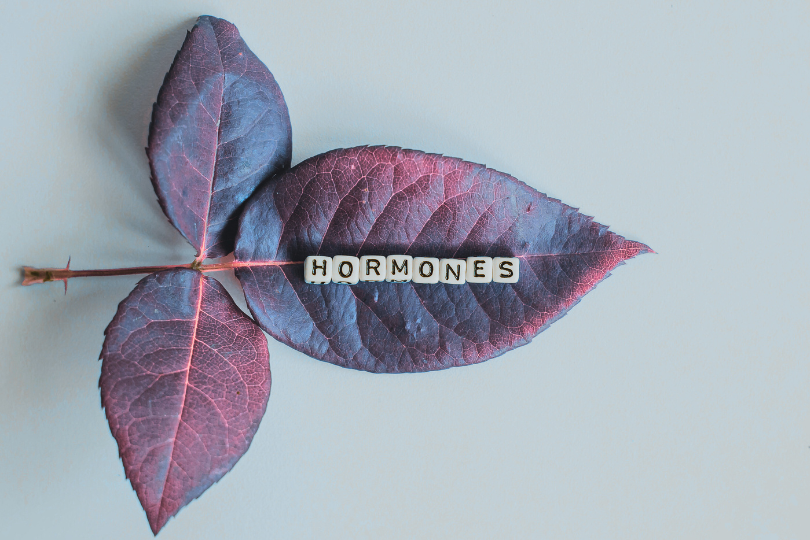The journey to parenthood can take many paths. While some couples conceive naturally, others may need a little extra help. Whether you’re just starting out or exploring treatments like IVF, understanding your options is the first step toward building the family you want.
Natural conception happens when three key factors align:
Conception can only happen during the fertile window—the 5 days leading up to ovulation, ovulation day, and sometimes the day after. Since sperm can survive up to 5 days in the reproductive tract, having intercourse in the days leading up to ovulation maximises your chances.
Learn more about how timing conception really works and how to track ovulation with irregular periods to nail this down.
Sometimes, even when everything seems right, conception can be difficult. Common challenges include:
If testing reveals ovulation challenges, ovulation induction is often the first step. Medications like clomiphene citrate or letrozole encourage the ovaries to release an egg, making ovulation more predictable.
For couples needing more support, IUI combines ovulation induction with a boost in sperm delivery.
Compared to ovulation induction alone, IUI can improve success rates by reducing the distance sperm must travel and optimising timing.
For couples facing more complex challenges, IVF offers the highest chances of success.
While IVF offers significant advantages, it’s important to note that it is not an easy process to go through, and success may take more than one cycle. Consulting with a fertility specialist can help set realistic expectations.
Before diving into treatments, fertility testing provides a clear picture of your reproductive health.
These tests help pinpoint the cause of delays and guide your doctor in recommending the best course of action, whether that’s ovulation tracking, IUI, or IVF. To get started, you can book a couple's fertility screening or an in-depth reproductive health screening for women with Taylor easily in just a few steps.
Every fertility journey is unique, and there’s no single path that works for everyone. Starting with fertility testing can bring clarity, helping you understand your options and focus on what’s best for your situation.
If you’re just beginning your TTC (trying to conceive) journey, it’s natural to feel a mix of excitement and uncertainty. While getting pregnant can seem simple for some, it’s often more nuanced than we realise. Patience, consistency, and understanding your fertile window can make all the difference.
Whether you’re trying naturally, exploring ovulation induction, or considering treatments like IVF, know that you’re not alone in this. We’re here to support and guide you, helping you move closer to the family you dream of.



If your routine suddenly feels out of step, it’s not your products, it’s your hormones. As estrogen begins to fall, the signals that keep skin strong and hydrated weaken. Dryness, breakouts, pigmentation, and slower healing start to appear, even with the same products you’ve always used. The good news: you can adapt. With smart everyday care (SPF, hydration, retinoids, vitamin C), lifestyle support (nutrition, sleep, stress), and medical options when needed (prescription treatments or hormone therapy), your skin can stay strong and healthy well into your 40s, 50s, and beyond.

No one talks about it, but perimenopause can hit in your 30s or 40s, and it’s not just about your period. Think brain fog, poor sleep, low libido. Here’s what to look out for and what you can do.

Many sexually transmitted infections can lie dormant for months or even years without symptoms. Understanding the facts — and getting tested together — can help you move forward with clarity and care.